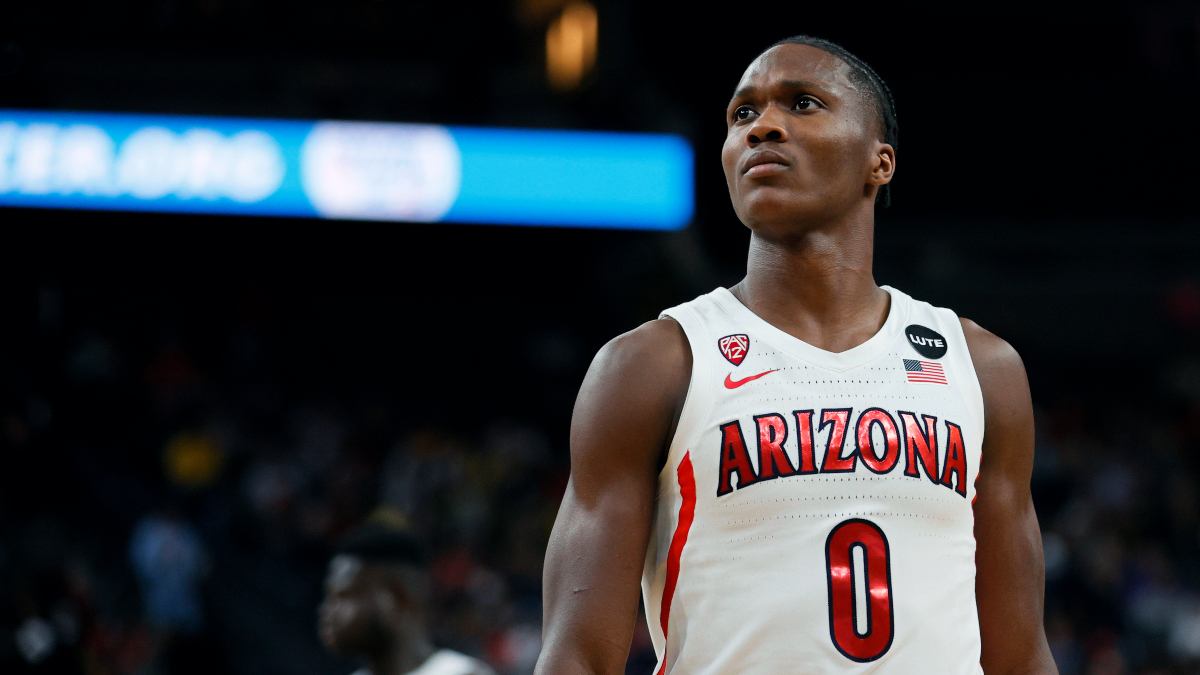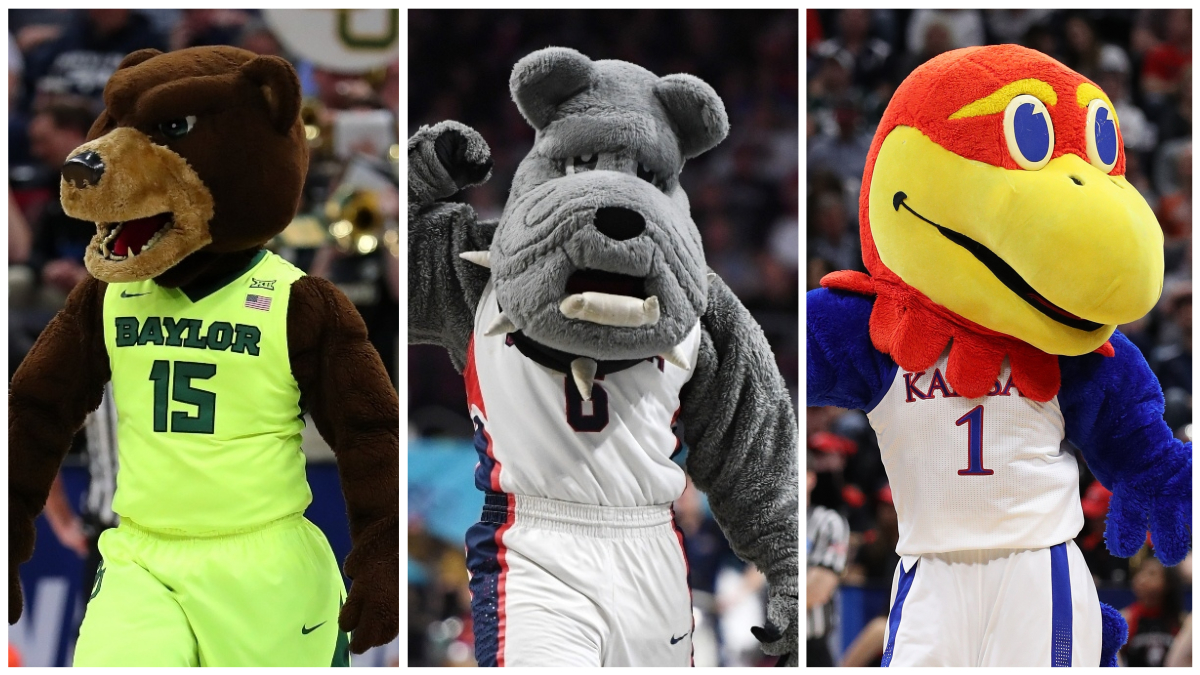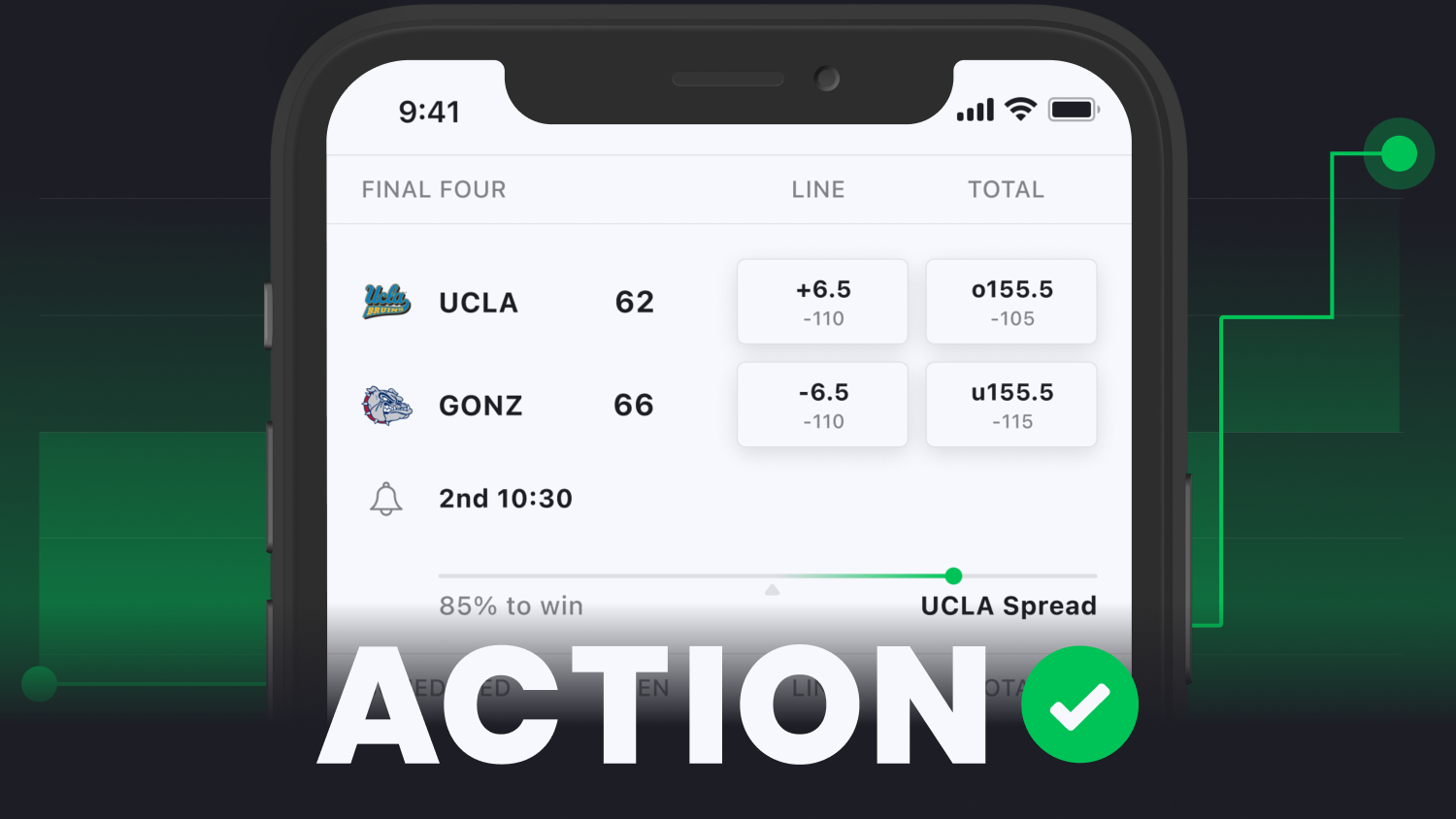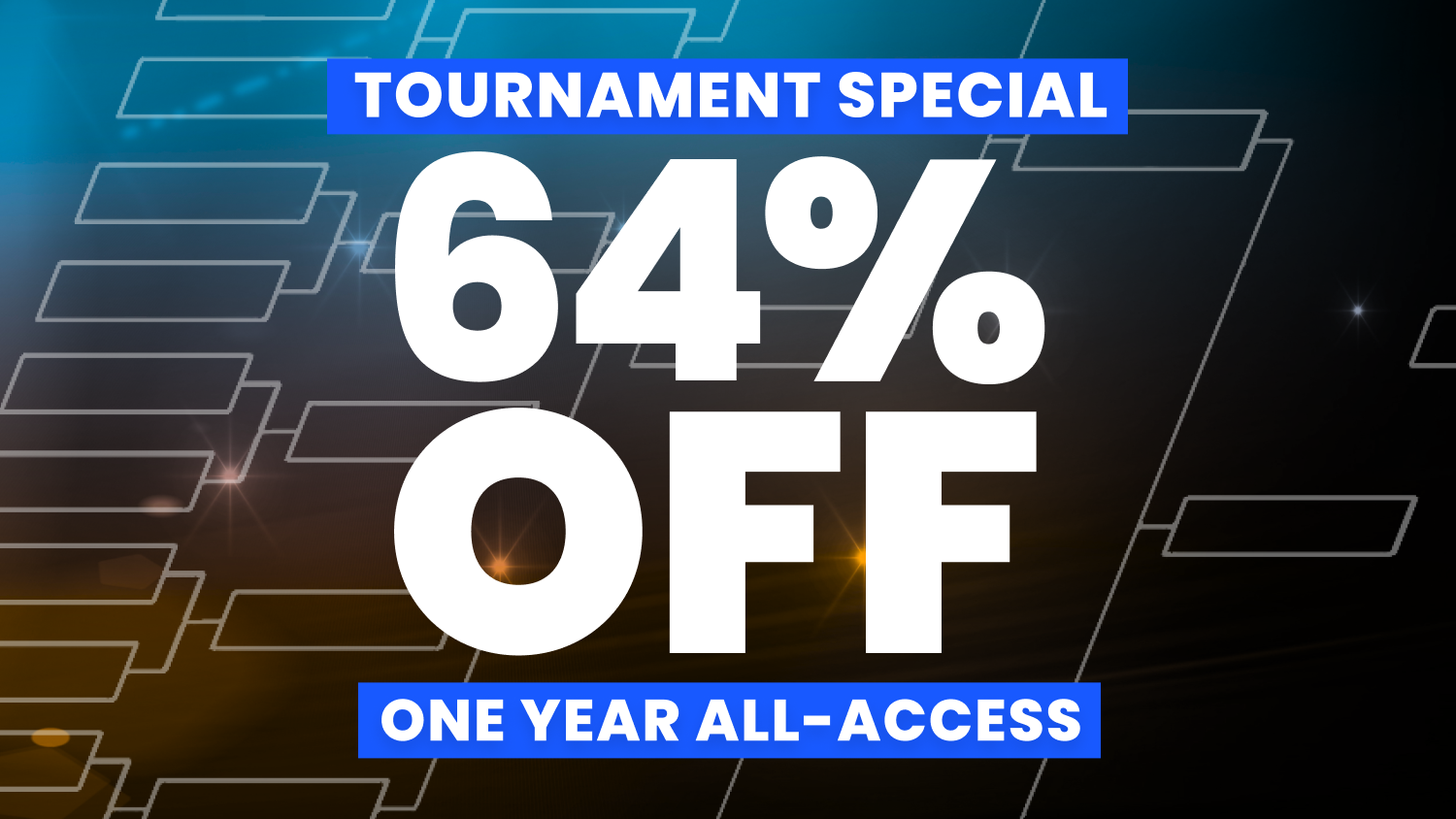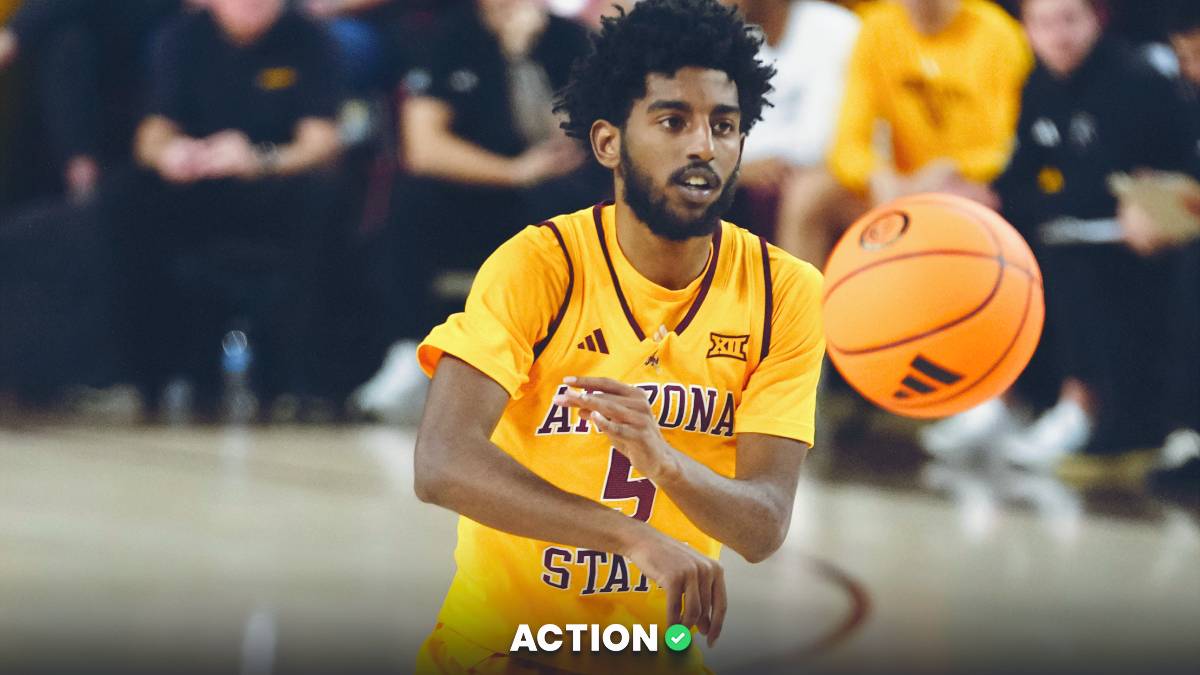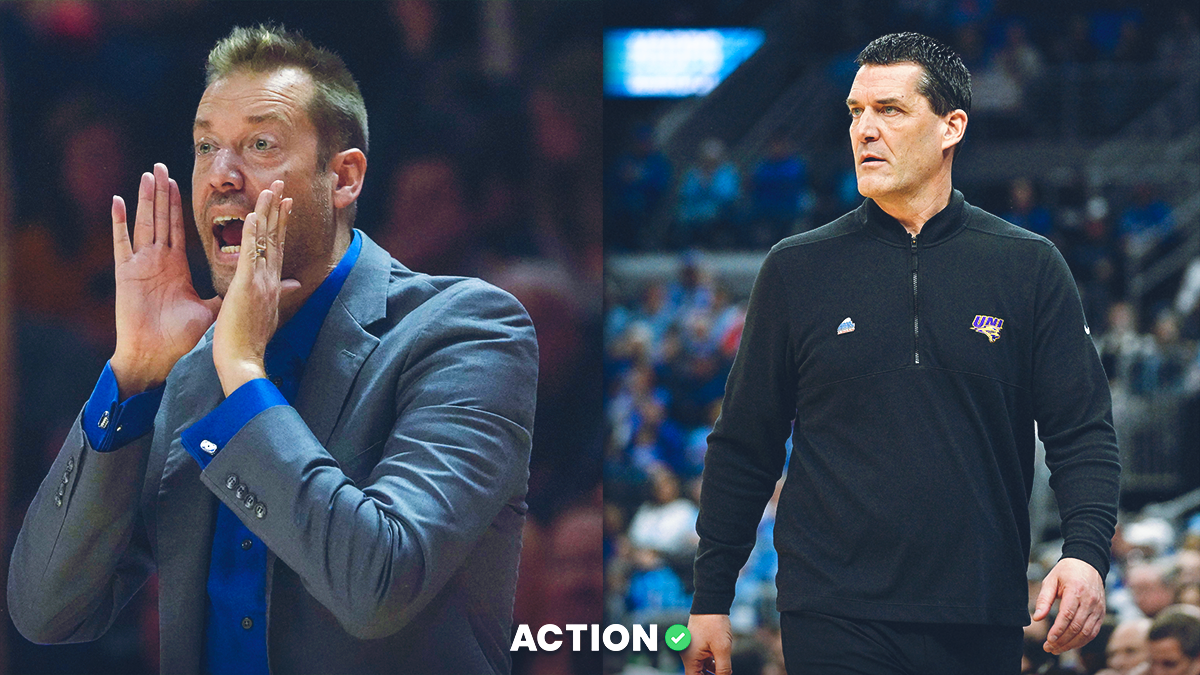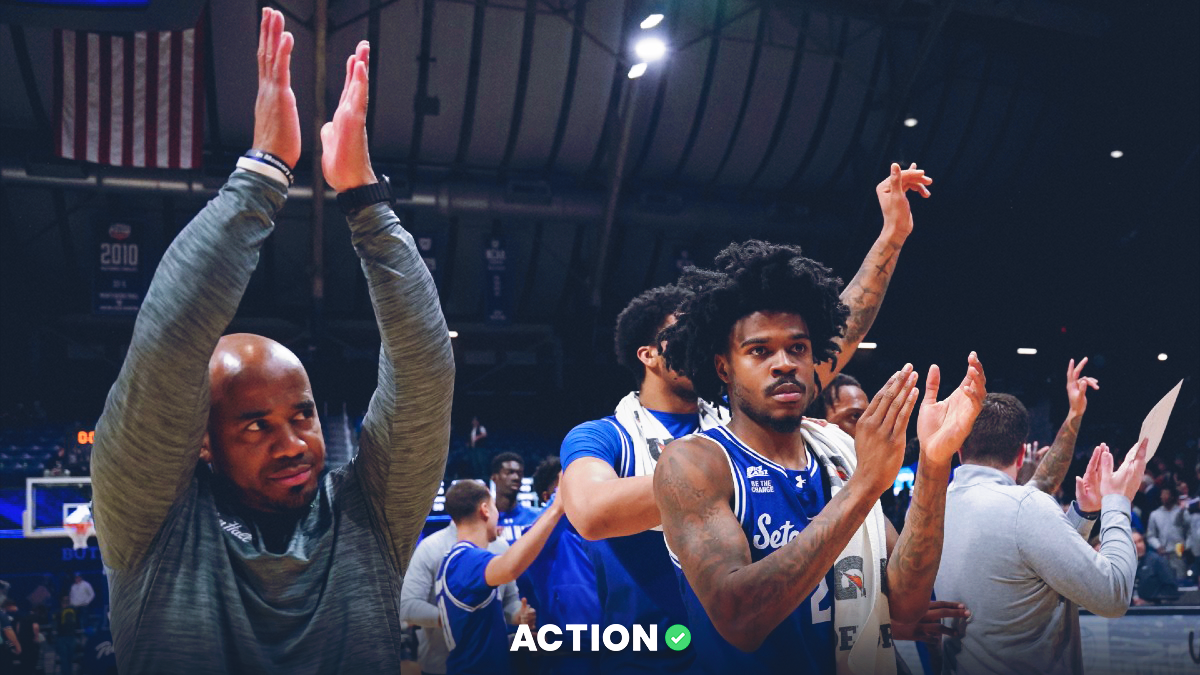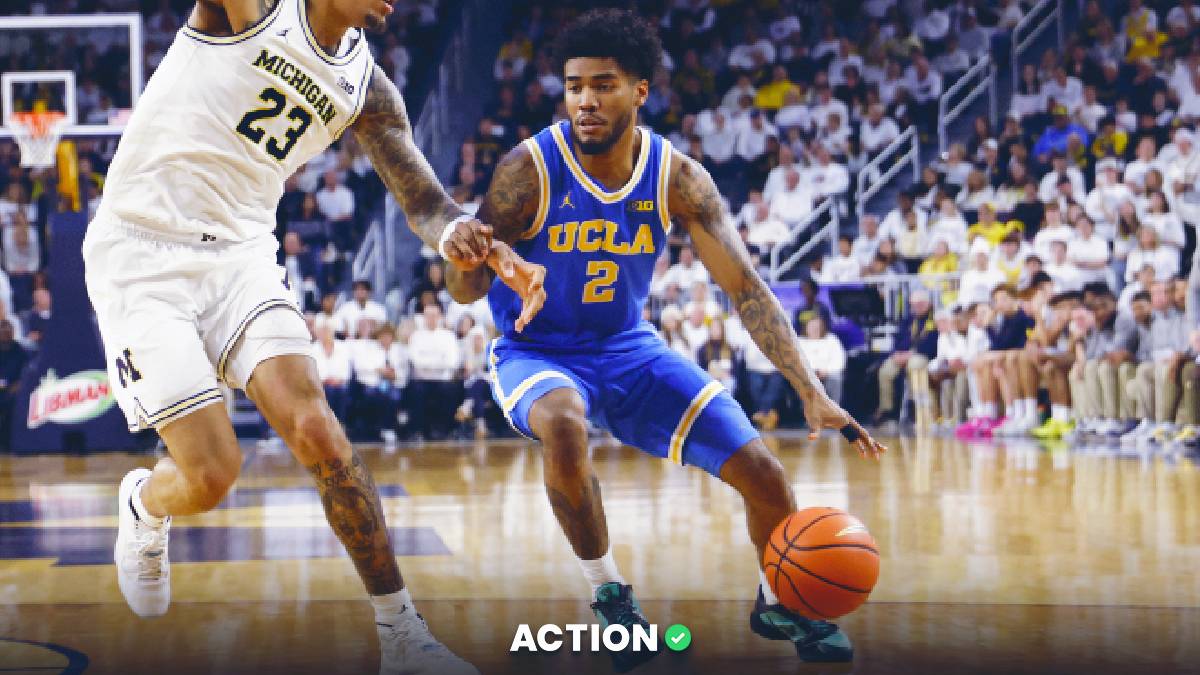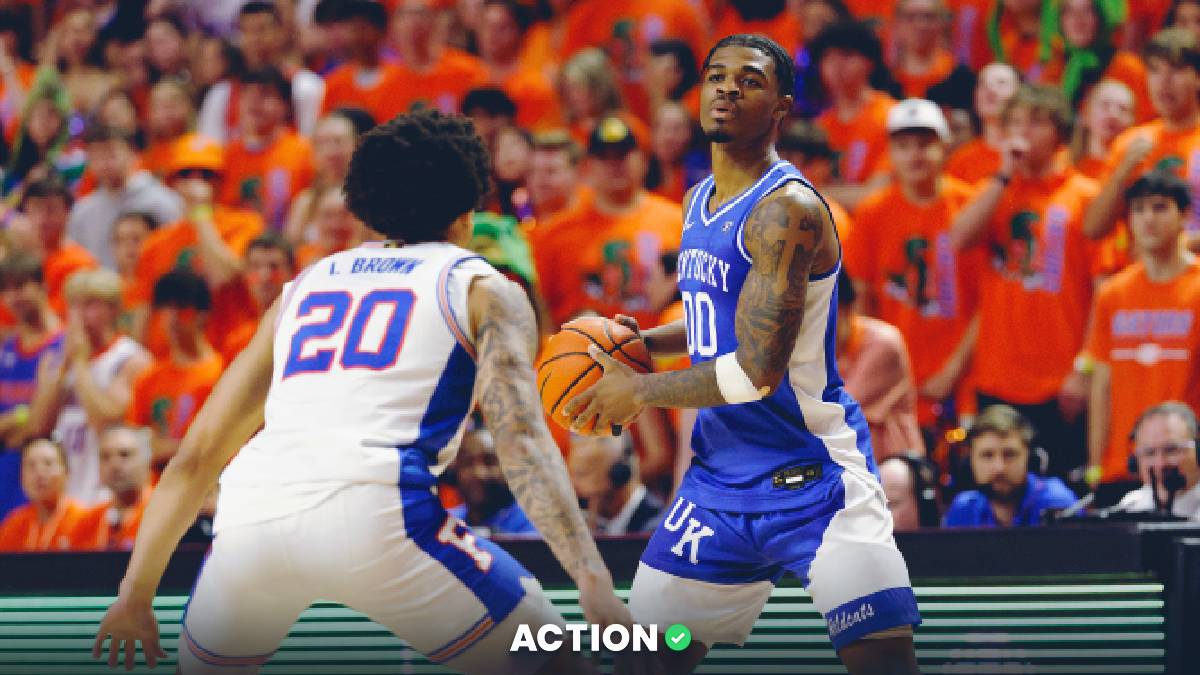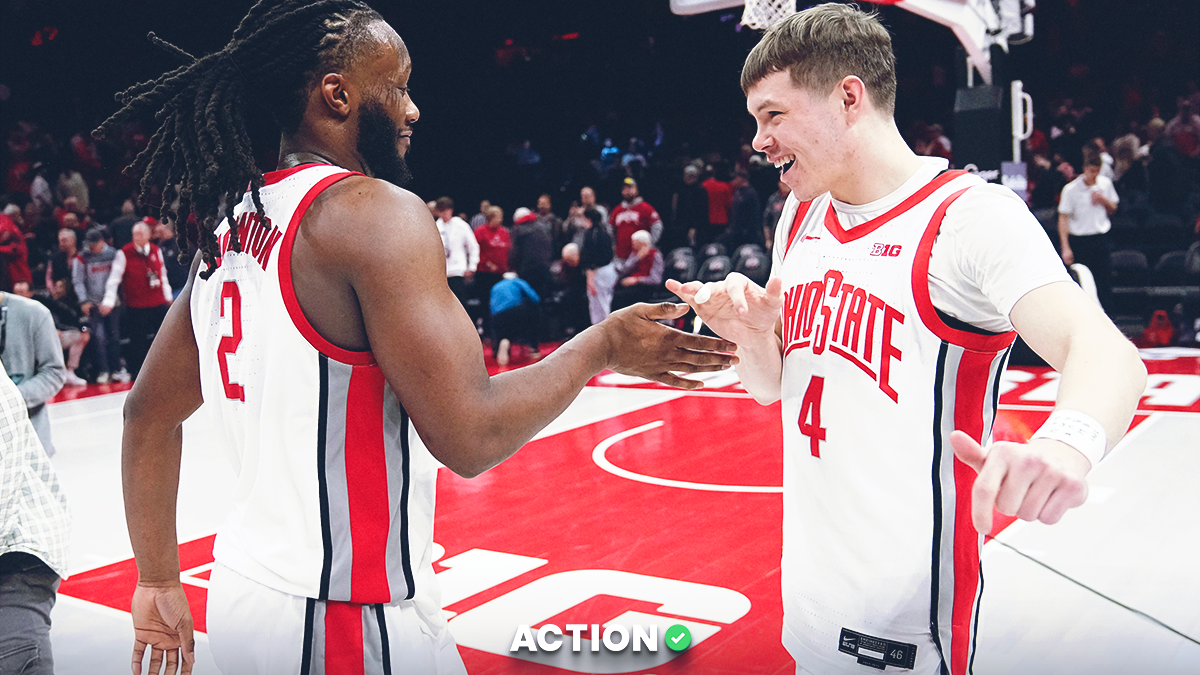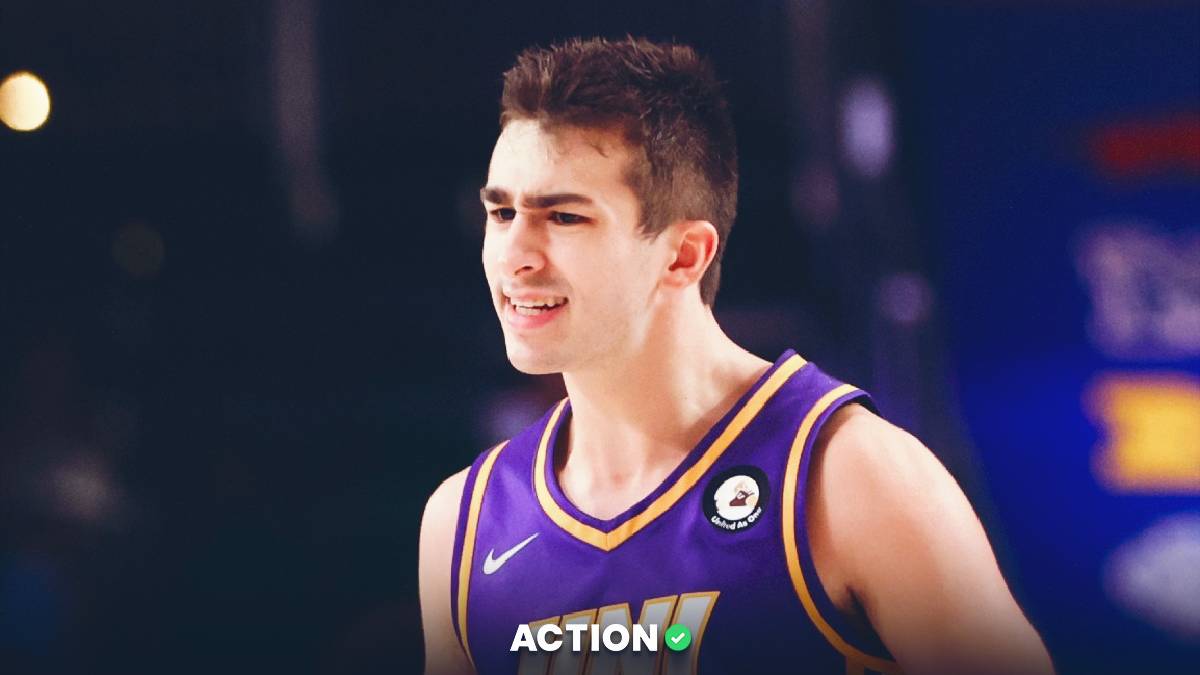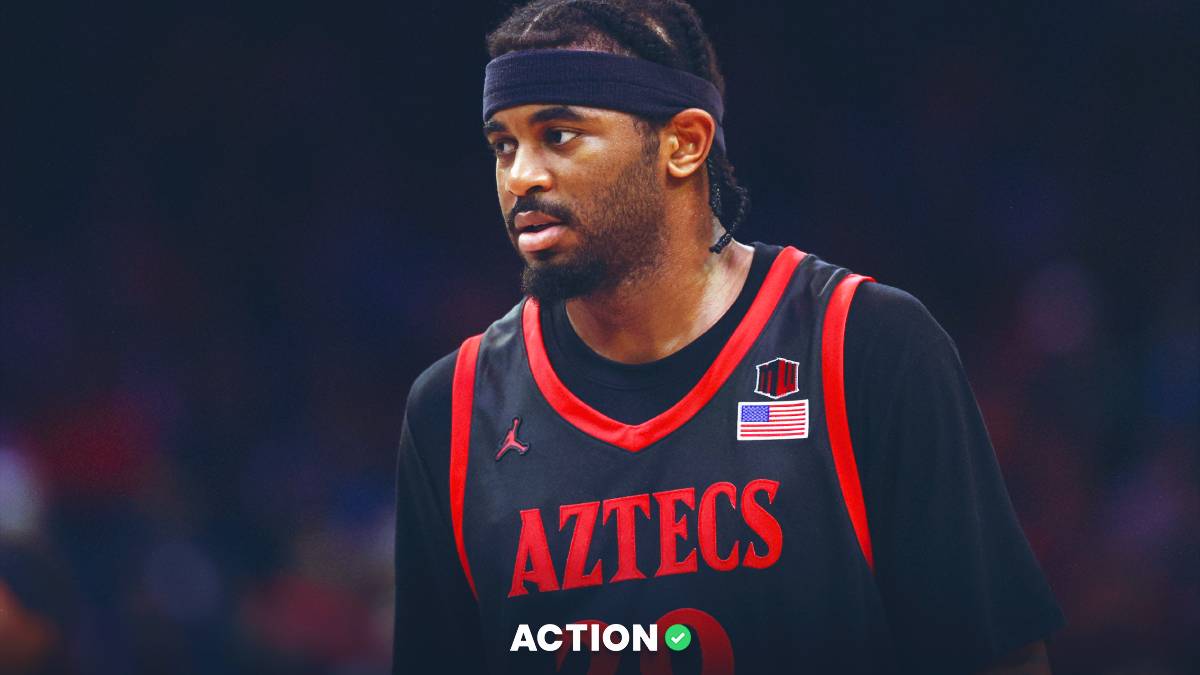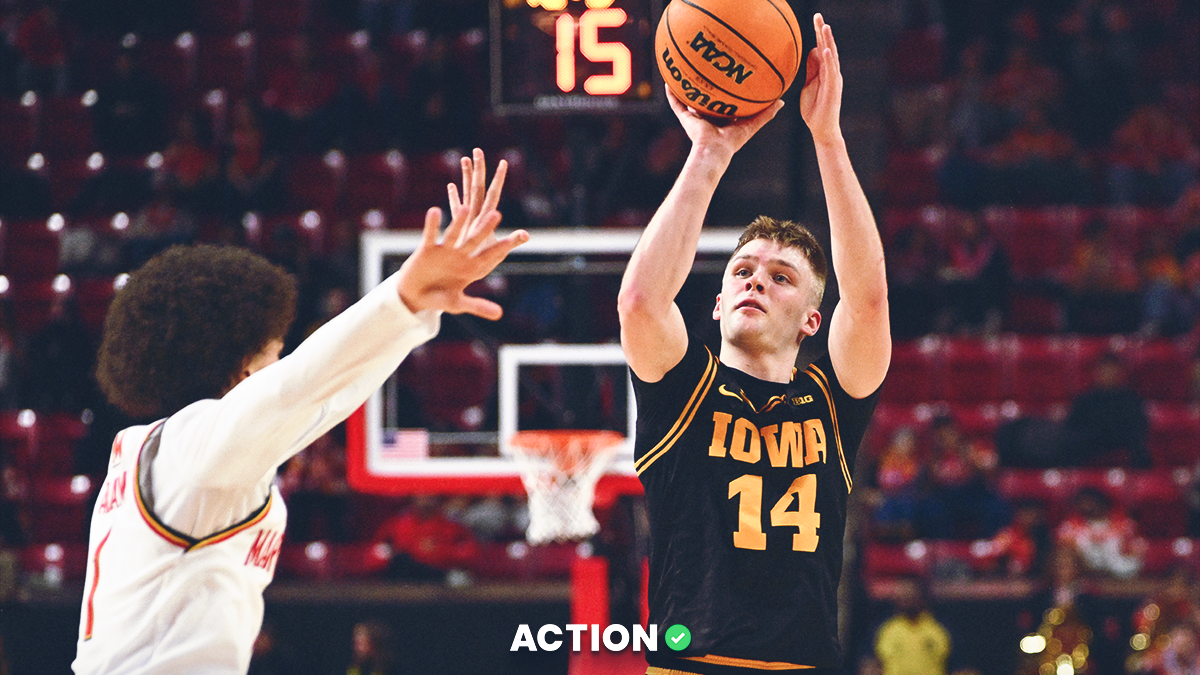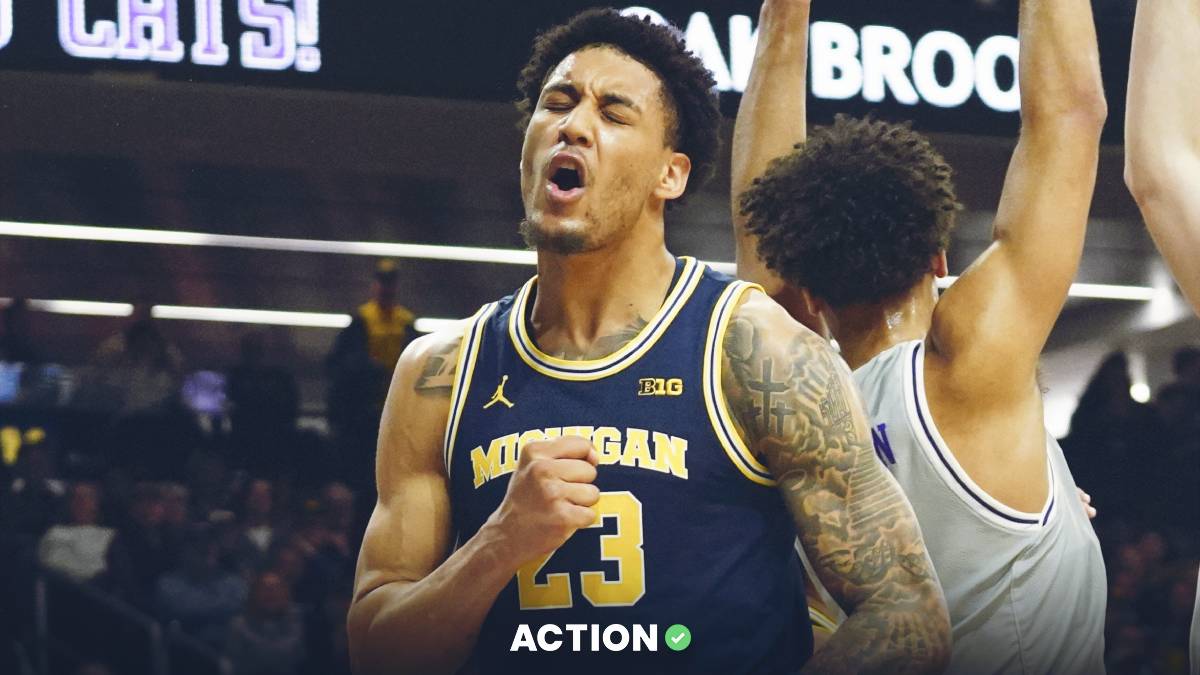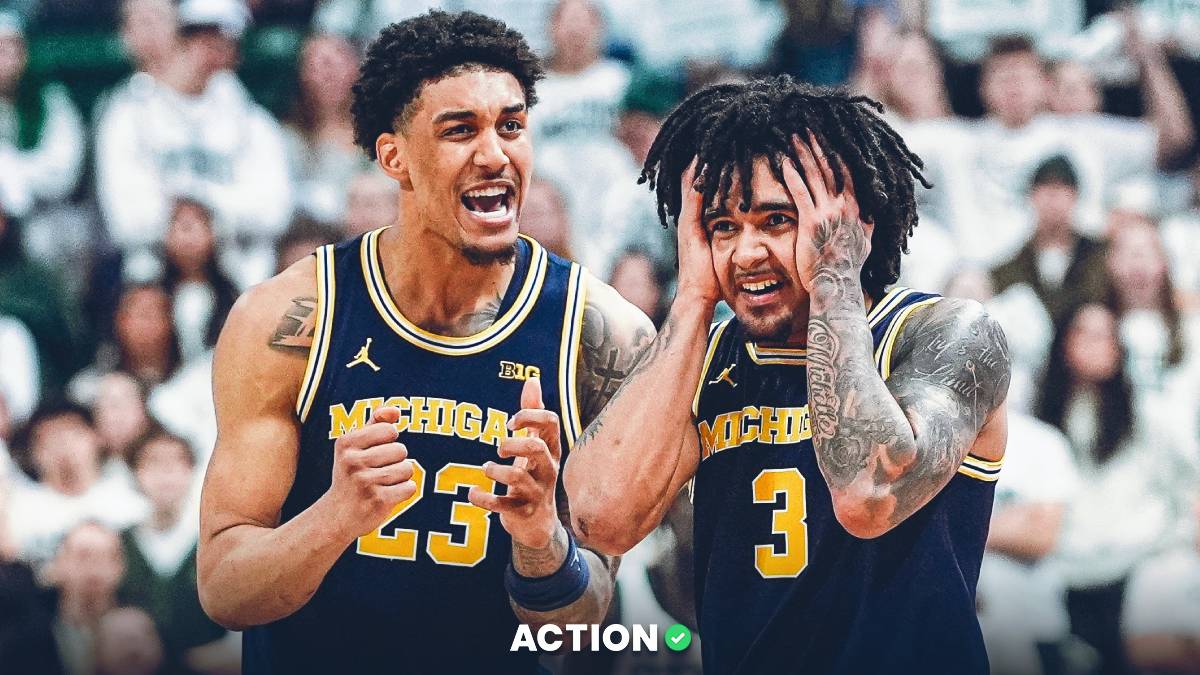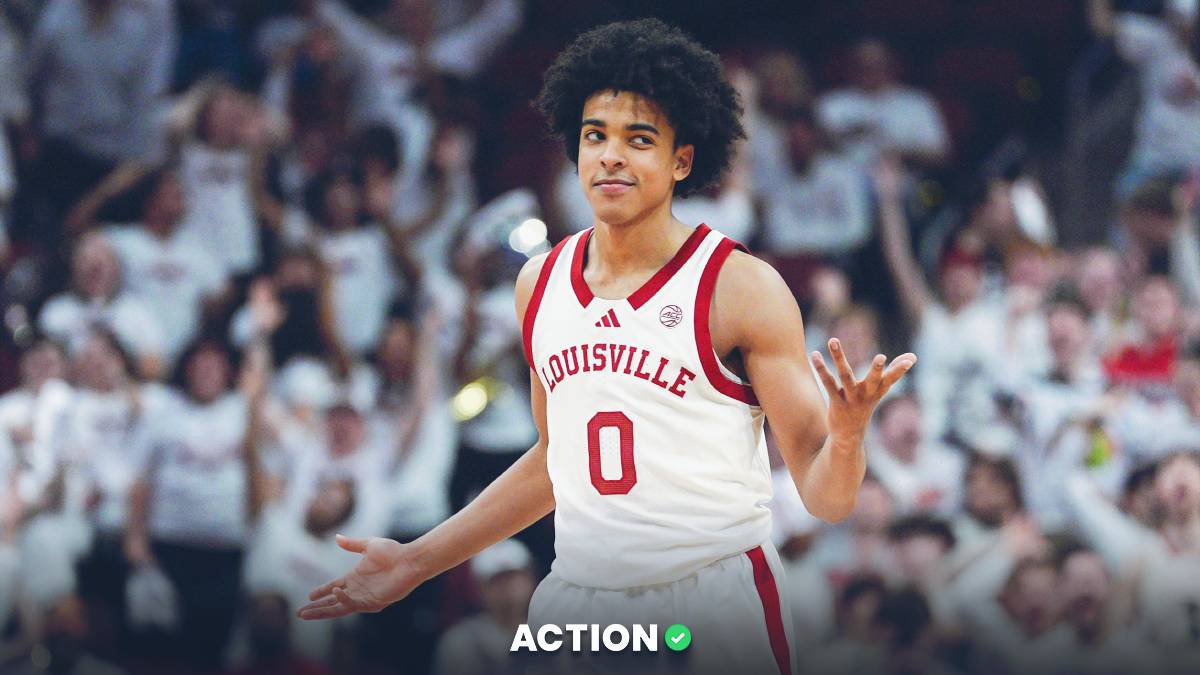During the Spring of 2019, I authored two recurring college basketball futures columns as a writer at Action Network. Those columns were titled, "College Basketball National Title Contenders" and "Final Four Dark Horse Candidates."
Since then, it has become tradition that I revive those columns for the NCAA Tournament.
The goal of this article is to help you isolate the specific teams with viable paths to the Final Four and to explicitly exclude other teams from plausible contention.
My hope is that this effortful discrimination of contenders vs. pretenders will help you build more viable (and more financially lucrative) NCAA Tournament picks for your bracket pools.
What Qualifies a Team as a "National Championship Contender?"
For a thorough explanation of my full methods, refer to my original National Title Contenders and Final Four Dark Horses articles from the 2018-19 season. But, as a concise summary, teams qualify as National Championship Contenders by achieving three metrical thresholds, each sourced from Ken Pomeroy.
- Adjusted Offensive Efficiency (AdjO) of 114.0 or higher.
- Adjusted Defensive Efficiency (AdjD) of 96.2 or lower.
- Adjusted Efficiency Margin (AdjEM) of 23.81 or higher.
Adjusted offensive efficiency (AdjO): Points scored per 100 possessions, adjusted for opponents
Adjusted defensive efficiency (AdjD): Points allowed per 100 possessions, adjusted for opponents
Adjusted efficiency margin (AdjEM): The difference between a team's offensive and defensive efficiency
These thresholds correspond precisely with statistically significant and discriminating z-scores among our sample population of teams since the 2001-02 season.
Furthermore — and this point is very important — there is no statistically significant improvement in a team's odds to win the national championship beyond these prescribed threshold values.
However, it is imperative that a team meets all three of these metrical thresholds in order for the preceding statement to hold true. Independently, each metric still reports statistically significant improvement in a team's title odds up to approximately z=+2.00.
One final stipulation: Our 21-year data sample includes end-of-regular-season data — not point-in-time data as of the start of the NCAA Tournament.
Why do I insist on this regular-season "cutoff" line? In short, it's because conference-tournament play introduces a skewed point of reference for these adjusted statistics due to the structural inequity of the single-elimination format.
To leverage data gleaned after conference tournaments have concluded may not technically constitute hindsight bias, but it does introduce a pernicious kind of recency bias that I'm keen to avoid.
National Championship Contenders from Previous Seasons
During the 2018-19 college basketball season — when this perennial column originally debuted — 10 teams qualified as National Championship Contenders by the end of the regular season.
Those 10 teams included: Virginia, Gonzaga, Duke, Michigan State, North Carolina, Michigan, Tennessee, Kentucky, Purdue and Virginia Tech.
Last season, during college basketball's glorious and long-awaited return to tournament play after the cancellation of the 2019-20 NCAA Tournament, my National Championship Contenders list was notably shorter. Only six teams made the cut last year: Gonzaga, Illinois, Michigan, Baylor, Iowa and Houston.
Altogether, that gives us a sample of 16 teams distinguished as National Championship Contenders during the past two NCAA Tournaments. Here's how those 16 teams have collectively performed:
- All 16 teams advanced to the Round of 32.
- 14 teams made it to the Sweet 16.
- 10 teams made it to the Elite 8.
- Five teams booked a trip to the Final Four.
Among the teams that qualified as National Championship Contenders in each season, both groups included the eventual national champion (2019 Virginia and 2021 Baylor), and last year's group also included the national runner-up (Gonzaga).
On top of all that, six of the 16 teams exited their respective tournaments by losing to other end-of-season National Championship Contenders.
2022 National Championship Contenders
After cross-referencing 2021-22 teams with an AdjEM of 23.81 or higher, AdjO of 114.0 or higher and AdjD of 96.2 or lower, 10 teams qualify as 2022 National Championship Contenders:
Each of those teams is represented below based on their final regular-season AdjO and AdjD, in order to help you visualize their standing relative to previous national champions.
2022 Final Four Dark Horse Teams
Once teams make it to the Final Four, AdjO and AdjD lose much of their statistical strength as factors that discriminate champions from non-champions.
Instead, at this advanced stage of the tournament, the sole metric that still reports a significant Pearson's coefficient is AdjEM. Therefore, if you're trying to identify a national champion, you should prioritize AdjEM as the most distinguishing factor.
However, if instead you're trying to identify sneaky Final Four teams that might bust others' brackets, then the combination of AdjO and AdjD remains an effective tool to identify these relative longshots. By excluding AdjEM as a required threshold, our resultant qualifying sample of teams includes significantly more Final Four teams.
Nevertheless, this wider net also catches far more teams that make early tournament exits. Thus, it is necessarily a higher-risk / higher-reward strategy to intentionally target these Final Four Dark Horse teams.
This season, only two additional teams qualify as Final Four Dark Horse candidates based on our prescribed methods: Illinois (114.6 AdjO; 94.7 AdjD) and UConn (114.3 AdjO; 95.5 AdjD).
Teams That Do Not Qualify as National Championship Contenders or Final Four Dark Horses
In addition to highlighting the set of teams that can win a championship — or at least make the Final Four — it is also valuable to identify the specific teams that do not make the cut at all.
These are teams that may make the Sweet 16, and may disrupt brackets in the process but shouldn't be trusted to make it all the way to New Orleans for the Final Four.
Five such teams stand out like a sore thumb among this year's NCAA Tournament field — and interestingly, that group includes all four No. 3 Seeds.


